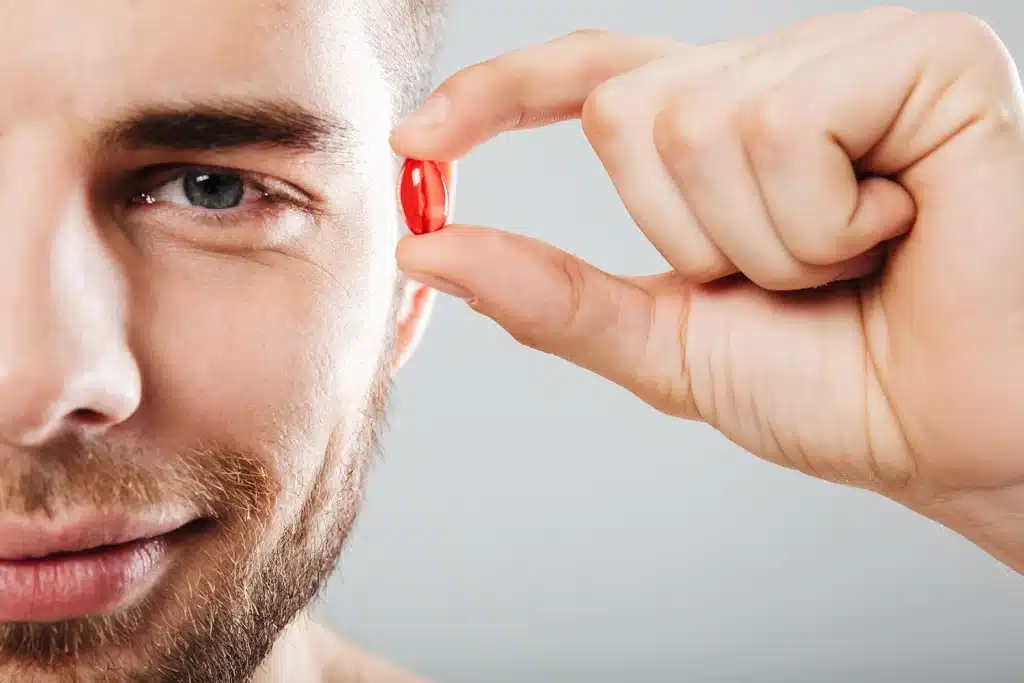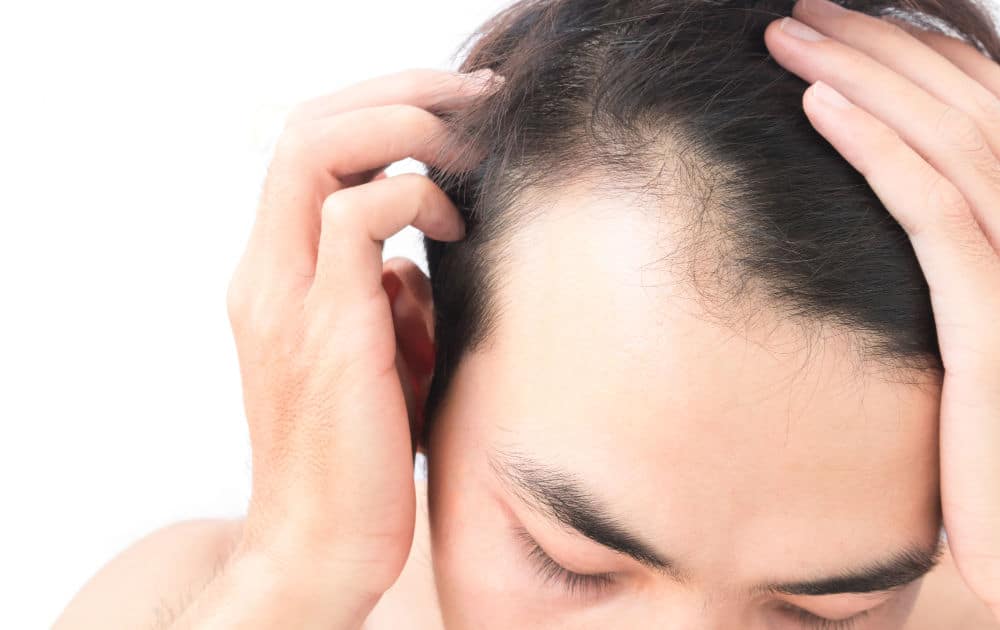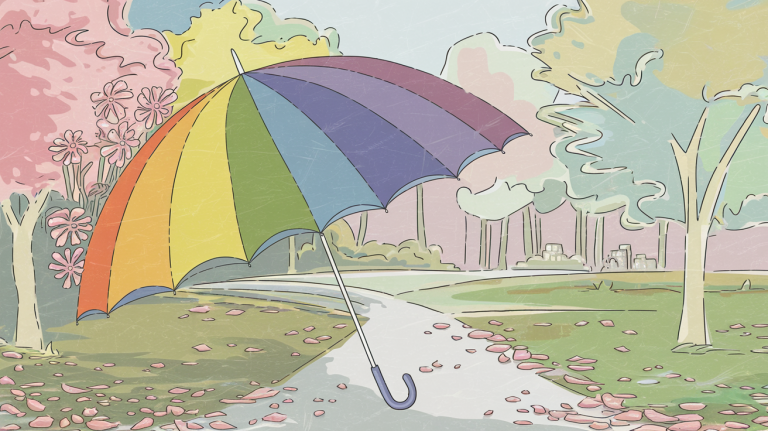Science-Backed Tips to Handle a Receding Hairline
A receding hairline can be more than just a cosmetic concern—it can affect confidence, self-esteem, and overall well-being. While hair loss is often influenced by genetics, scientific research has uncovered several actionable strategies that can help slow down or even reverse a receding hairline. This article offers science-backed tips to handle a receding hairline, including lifestyle changes, topical solutions, and the benefits of natural ingredients like batana oil for hair.
Let’s break down what really works—based on research, not myths.
Understanding the Receding Hairline: Causes and Early Signs
A receding hairline is one of the earliest signs of androgenetic alopecia, a condition more commonly known as male or female pattern baldness. It affects both men and women, although men tend to notice it earlier.
Common Causes:
- Genetics: If hair loss runs in your family, you are more likely to experience it.
- Hormonal Changes: Dihydrotestosterone (DHT), a derivative of testosterone, is strongly linked to hair thinning.
- Stress: Chronic stress can lead to telogen effluvium, a condition that forces hair into a resting phase, causing excessive shedding.
- Poor Nutrition: Hair follicles require essential nutrients like iron, biotin, and protein to grow effectively.
- Environmental Factors: Pollution and harsh chemicals in hair products can damage follicles and contribute to hairline recession.
By identifying the root causes, you can choose the most effective remedies.
Tip 1: Nourish Your Scalp with Batana Oil for Hair Growth
When it comes to natural remedies for hair loss, few oils are as promising as batana oil. Sourced from the American palm tree (Elaeis oleifera), this oil has been traditionally used by the indigenous Miskito people—sometimes called the “Tawira,” meaning “people of beautiful hair.”
What Science Says:
Batana oil is rich in:
- Oleic acid, which helps penetrate the scalp and moisturize deeply
- Tocotrienols (Vitamin E compounds) that help combat oxidative stress in hair follicles
- Essential fatty acids that support follicular strength and reduce breakage
Used consistently, batana oil has shown benefits in revitalizing dry scalps, promoting shine, and helping with thinning areas. For best results, look forauthentic batana oil that is pure, unrefined, and ethically sourced.
Make it a routine: Massage a few drops into your scalp 2–3 times a week.
Tip 2: Eat for Hair—Fuel Follicles with Nutrients
Healthy hair starts from within. Clinical studies suggest that nutritional deficiencies can play a major role in hairline recession.
Nutrients to Prioritize:
- Biotin (Vitamin B7): Crucial for keratin production
- Zinc: Supports oil glands around follicles
- Iron: A deficiency can lead to anemia-related hair shedding
- Vitamin D: Helps create new follicles
- Omega-3 Fatty Acids: Fight inflammation and nourish follicles
If you’re not getting enough from your diet, it may be helpful to support your intake withdiscounted vitamins that are FDA-approved and designed to promote overall wellness.
Tip 3: Minimize DHT Naturally with Topical and Internal Support
 DHT is one of the biggest enemies of a healthy hairline. It shrinks hair follicles and shortens the growth cycle.
DHT is one of the biggest enemies of a healthy hairline. It shrinks hair follicles and shortens the growth cycle.
How to Fight It:
- Saw Palmetto: A plant extract shown to inhibit DHT production
- Pumpkin Seed Oil: Contains phytosterols that help block DHT
- Green Tea (EGCG): Antioxidants reduce scalp inflammation and DHT levels
In addition to using batana oil, incorporating these natural DHT blockers in your routine may help reduce follicular sensitivity and support stronger regrowth over time.
Tip 4: Optimize Scalp Circulation
Your hair follicles need oxygen and nutrients, which are delivered through blood flow. Stimulating circulation can help keep your scalp environment healthy.
Science-Backed Methods:
- Scalp Massage: Studies show daily massage for 4 minutes increases thickness
- Microneedling: Creates micro-injuries that trigger collagen production and boost absorption of topical treatments
- Low-Level Laser Therapy (LLLT): Devices that emit red light stimulate growth and increase blood flow
Combining scalp massage with batana oil for hair enhances absorption and relaxation.
Tip 5: Keep Stress Under Control
Stress hormones like cortisol can cause significant hair loss. Chronic stress affects the growth phase of hair, pushing follicles into rest prematurely.
Research-Proven Ways to Reduce Stress:
- Regular Exercise: Enhances blood flow and reduces cortisol
- Mindfulness Meditation: Lowers stress levels and improves mental clarity
- Quality Sleep: Aim for 7–9 hours per night for optimal hormone balance
Taking care of your mental health is just as important as applying the right products.
Tip 6: Choose the Right Hair Products
Many commercial hair products contain sulfates, parabens, and silicones that can irritate the scalp or clog pores. Opting for natural, gentle formulations can preserve your scalp’s health and reduce further damage.
What to Look For:
- Sulfate-free shampoos
- Essential oils like rosemary or peppermint for stimulation
- No harsh alcohols or synthetic fragrances
Pairing natural products with batana oil as a pre-shampoo treatment can add extra protection and moisture.
Tip 7: Be Consistent with Hair Care Practices
Hair regrowth doesn’t happen overnight. Consistency is key.
Suggested Routine:
- Weekly: Oil treatment + deep conditioning
- Daily: Gentle shampoo (if needed), scalp massage, balanced meals
- Monthly: Track progress through photos and adjust accordingly
You can also read Keyoma’s hair growth guide for more science-based insights that complement your care routine.
Tip 8: Avoid Overstyling and Heat Damage
Heat tools, tight hairstyles, and harsh brushing all contribute to hairline stress. If you’re struggling with a receding hairline, simplify your routine.
Avoid:
- Tight ponytails or braids that pull at the scalp
- Frequent use of flat irons and curlers
- Chemical treatments like perms or relaxers
Instead, embrace low-manipulation styles and let your hair and scalp breathe.
Tip 9: Track Your Progress and Know When to Seek Help
If you’ve been consistent with natural remedies, diet, and lifestyle changes and still notice rapid loss, it may be time to consult a dermatologist or trichologist. They can evaluate for underlying conditions like:
- Alopecia areata
- Thyroid disorders
- Scalp infections
The earlier you act, the better your chances of recovery.
The Role of Keyoma and Batana Oil in Hair Care
While there are many products in the market, it’s important to find brands that are transparent, high-quality, and backed by real customer experience. Keyoma, for example, provides authentic batana oil that aligns with traditional practices and modern standards. This makes it a suitable choice for those looking for effective and natural hair oil for a receding hairline—without over-promising.
Taking Control of Your Hairline—The Smart Way
Managing a receding hairline doesn’t require magic—it demands science-backed, consistent care. Whether it’s nourishing with batana oil, choosing the right supplements, improving blood flow to your scalp, or managing stress, each step matters.
Remember:
- Hair health is a long-term commitment, not a quick fix
- Always go for quality over quantity when choosing products
- Address the root cause, not just the symptoms
By making informed choices, you’re not just saving your hairline—you’re investing in your confidence and well-being.








